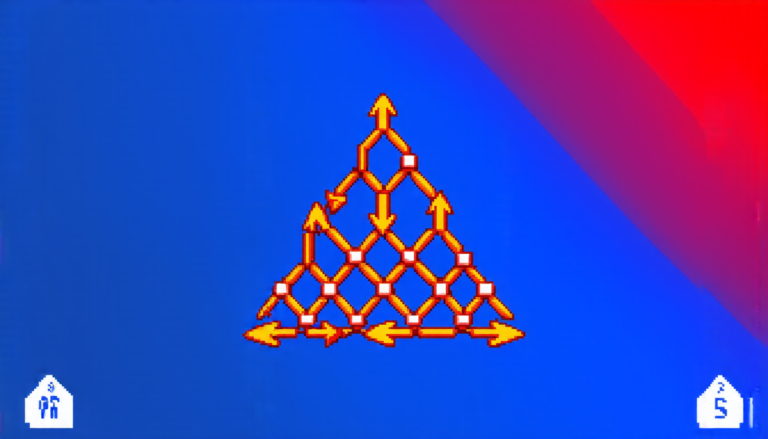Friday 25 July 2025
Quantum computers are notoriously finicky, requiring precise control over their fragile qubits to perform calculations that could revolutionize fields like medicine and finance. But one major bottleneck in achieving this precision is the process of reading out the states of these qubits, which can be a slow and error-prone affair.
Now, a team of researchers has developed a new approach to qubit readout using next-generation reservoir computing, a type of machine learning that’s well-suited for real-time processing. The result is a faster, more accurate way to determine the state of multiple qubits simultaneously, which could be a major boost to the development of practical quantum computers.
The traditional method of qubit readout involves using a process called frequency-multiplexed readout, where each qubit is assigned a unique frequency and its state is inferred by measuring the frequency of the photons emitted when it’s read out. However, this approach can be prone to errors due to crosstalk between qubits, which can cause false readings.
The new method uses reservoir computing to construct polynomial features from the measurement signals and map them directly to the corresponding qubit states. This approach is highly parallelizable, avoids the need for costly nonlinear activation functions common in neural networks, and supports real-time training, enabling fast evaluation and adaptability.
To train their model, the researchers used a dataset of simulated qubit measurements, along with their corresponding ground truth labels. They then iterated through each batch of data, computing the weights that best mapped the measurement signals to the qubit states. The resulting model was able to achieve high fidelity in state discrimination, even on large numbers of qubits.
One of the key advantages of this approach is its ability to handle multiple qubits simultaneously, which could be a major bottleneck in scaling up quantum computers. By using reservoir computing to process the measurement signals in real-time, the researchers were able to achieve significant reductions in error rates and crosstalk compared to traditional methods.
The potential applications of this technology are vast, from accelerating complex calculations in fields like chemistry and materials science to improving the security of cryptographic systems. As quantum computers continue to advance, the ability to read out qubit states quickly and accurately will be a critical component of their development. This new approach offers a promising solution to this challenge, and could help unlock the full potential of these powerful machines.
Cite this article: “Quantum Qubit Readout Revolutionized with Real-Time Machine Learning Approach”, The Science Archive, 2025.
Quantum Computers, Qubit Readout, Reservoir Computing, Machine Learning, Frequency-Multiplexed Readout, Crosstalk, Error Rates, Quantum Information Processing, Cryptography, Scalability







